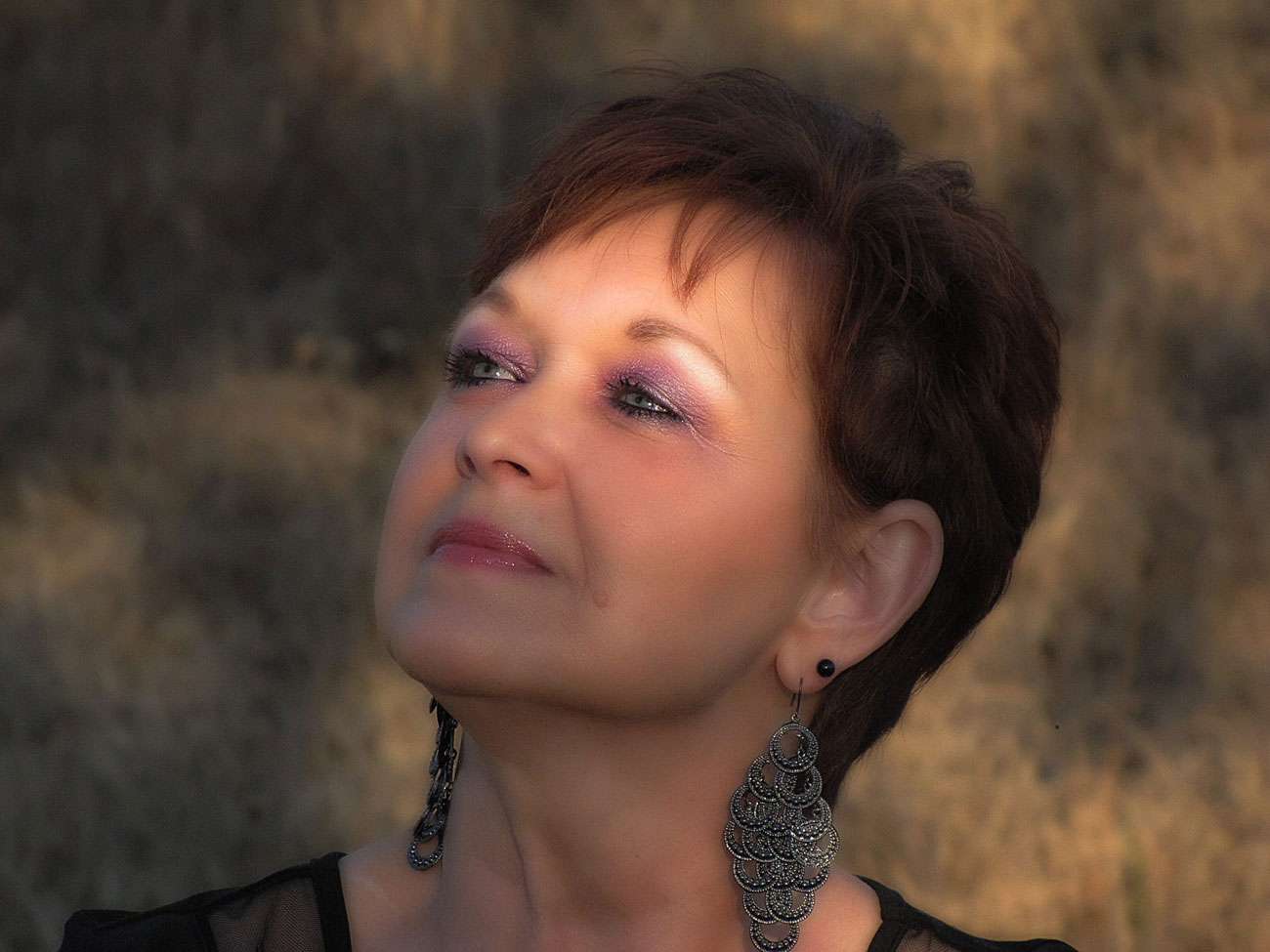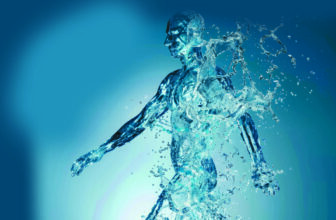
There comes a time in every woman’s life when her body begins to change as she heads into menopause. Not so long ago, menopause was seen as one of the rites of passage through life, part of the journey through womanhood. Something to celebrate, not to dread. In today’s modern world there are thousands of blogs about the subject due to the numerous problems experienced by so many. One of the most detailed studies of the effects of culture on menopause involved rural Mayans. Although their hormone patterns were identical to postmenopausal women in the United States, none of the Mayan women experienced menopausal symptoms. Researchers felt that the Mayan attitude to menopause was responsible for their symptomless passage. Mayan women saw it as a positive event, bringing with it greater respect.
Menopause occurs when the ovaries spontaneously fail to produce the hormones oestrogen and progesterone or through medical intervention, when the ovaries are removed surgically or during treatments such as chemotherapy and radiotherapy. The lowering levels of hormones, especially oestrogen, are the cause of menopausal symptoms in women. The average age for this to begin is 51 years but can occur earlier or later.
Every woman is born with a certain number of eggs in her ovaries, and as these are used up through menstruation and childbearing the body moves naturally towards the end of the fertile years. When there have been no periods for 12 consecutive months, a woman is said to be in menopause. How a woman goes through menopause is unique to her; some women sail through whilst others suffer a raft of symptoms ranging from hot flushes, night sweats, mood swings, weight gain and fatigue.

Lifestyle tips to help minimise symptoms:
- Reduce stimulants – spicy foods, alcohol, caffeine and sugar are known to bring on hot flushes
- Eat a palm sized piece of protein with every meal to balance blood sugar and reduce sugar cravings. A high sugar intake contributes to brain fog and memory loss!
- Increase your intake of rainbow vegetables and healthy fats (oily fish, nuts & seeds, olive oil)
- Stay hydrated – drink 6-8 glasses of water per day (can be substituted with non-caffeinated herbal teas)
- Wear lighter clothes – natural fabrics are better than synthetic fabrics
- Reduce stress levels – make use of various stress reducing apps available (Calm, the Tapping Solution, Headspace)
- Get plenty of rest and be mindful of your sleep routine
- Keep your bedroom cool at night
- Practice relaxation exercises – yoga can be very helpful
- Breathe deeply – in for 4 counts, hold for 4 counts, breathe out for 7 counts whenever you are stressed or anxious
- Book yourself a regular massage – it may help with stress/anxiety
- Get out into nature for at least 2 hours per week – the benefits are well documented
- Get moving – walking, swimming, dancing, whatever you are comfortable doing. Movement is key to a smooth transition through menopause
- Laugh a lot as it helps to keep everything in perspective!
My story
‘I slammed into menopause at the age of 40 after a total hysterectomy. I was put on hormone replacement therapy (HRT) and was on it for 8 years without any issues. However over a period of several months I began to experience different issues which I put down to stress amongst other things. After being rushed into hospital with a suspected heart attack, and nothing untoward was found, I began to do my own research. The symptoms I had been experiencing over the previous months turned out to be side effects that were noted on the insert of the HRT medication. Visual disturbance, onset of migraine type headaches and cardio issues!!!! I was instructed by my doctor to stop the tablets immediately and was then hit by hot flushes, night sweats, palpitations, insomnia, back pain, headaches and no energy at all. I decided to change what I was eating by cutting out sugar, gluten, caffeine and alcohol and within 3 months ALL the symptoms had gone plus I had lost 14kg in weight! I felt and looked fabulous! 20 years on…if I eat too much sugar (I love chocolate) and add too many cups of caffeinated coffee into the mix, then those hot flushes say ‘hello, remember me’!
Tips for the men!
As a result of this biological process, many women feel irritable, anxious, forgetful, fatigued and may also experience a lack of sexual desire and painful intercourse. The kindest thing you can do for your changing partner is to talk to her about how she is feeling emotionally and physically, and take her needs seriously. This will help to smooth her transition into being an older woman and growing old gracefully. ![]()
For help with navigating menopause or preparing for it, please contact me on 07961 990087 or sue@thegenuinelivingcompany.com











